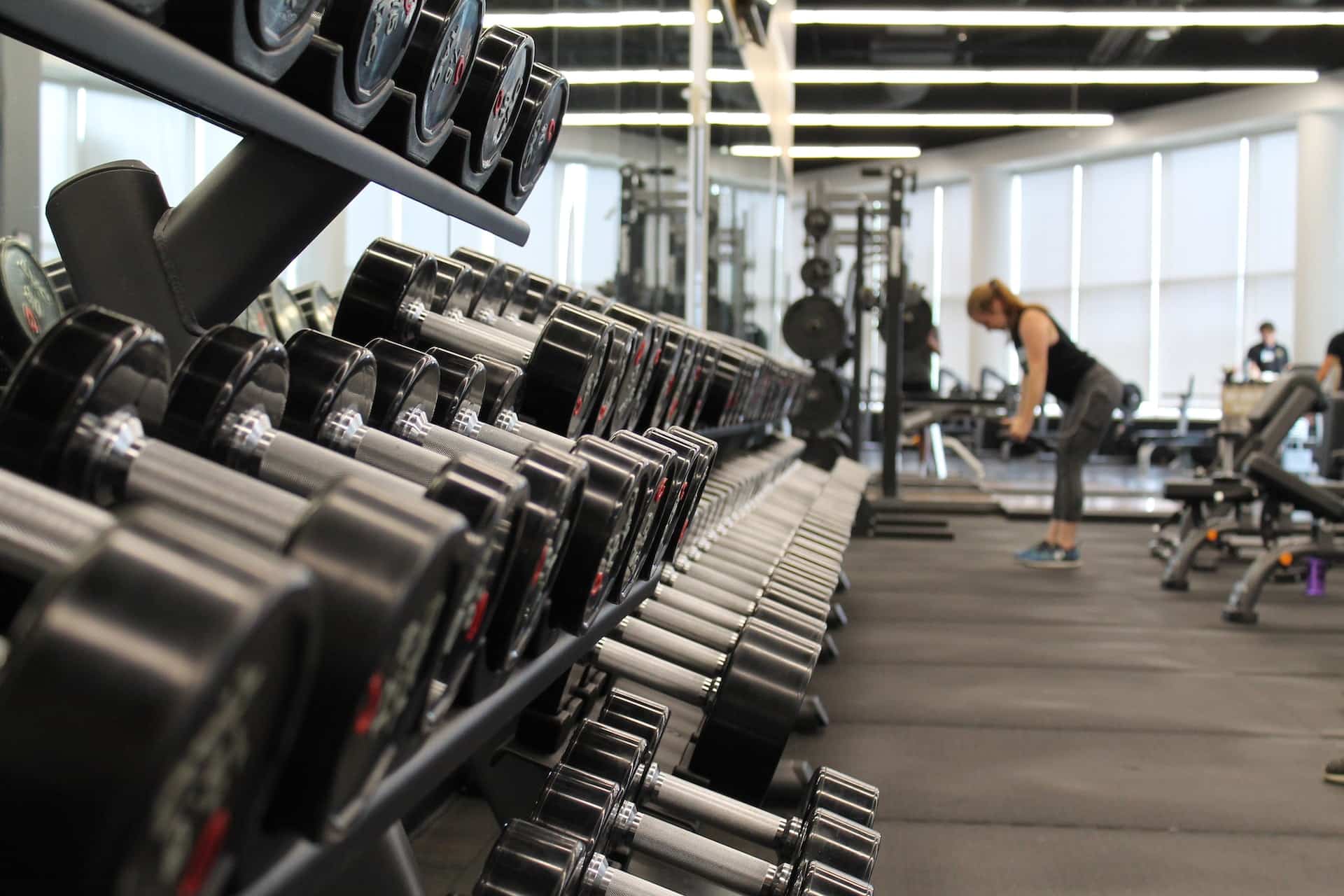With the loosening of pandemic restrictions, Canadians are returning to gyms, health clubs and fitness studios. While these venues can offer a great opportunity to get in shape, injuries sometimes occur due to accidents. You may be able to secure compensation for harm caused by injuries caused by someone else’s negligence to help with things like medical bills and lost income.
This article considers the potential liability of gyms and fitness instructors, including the impact of liability waivers often contained in membership agreements.
Occupiers have a duty to take care such that people are reasonably safe while on premises
Under the Occupier’s Liability Act (Act), an occupier has a duty to take such care as is reasonable to see that persons entering the premises are reasonably safe. This includes the person or company that runs the gym.
The mere presence of a hazard does not inevitably lead to the conclusion that the occupier has breached this duty – the standard of care is one of reasonableness. The occupier is liable if their conduct creates an unreasonable risk of harm. The measure of what is reasonable depends on the circumstances of each incident, including the likelihood of known foreseeable harm, the gravity of that harm, and the burden or cost incurred to prevent the injury.
Gyms could be liable for unsafe conditions, such as where equipment is not in proper working order, and for activities that occur at the gym.
However, there are exceptions to the duty under the Act. For example, the duty of care does not apply in respect of risks willingly assumed by the person who enters the premises. In that case, the occupier only owes a duty not to create a danger with the deliberate intent of doing harm or damage to the person and to not act recklessly in the person’s presence. We also look at the issue of waivers of liability below.
Instructors could also be held liable for injuries sustained
It may be possible for a claim to be brought against individual fitness instructors, for example, where injuries are sustained in a class or due to advice they have provided. The success of the claim depends on whether the instructor was negligent. It is possible that a gym accident occurred due to one’s lapse in concentration or judgment.
For example, in the recent case of Moskowitz v Detox before the Ontario Superior Court of Justice, the plaintiff was injured in a fitness class run by the defendant instructor during a slam ball exercise. The plaintiff claimed that she had always done this exercise with a weighted, non-bouncing ball, but during the class in question, she was given a bouncing ball and not provided with instructions. As a result, she slammed the ball into the ground and squatted to pick it up, but it bounced and hit her chin.
The defendant claimed that she always used a bouncing ball for that exercise and that on the day of the incident, she gave verbal instructions, specifically to keep their feet shoulder-width apart, bring the medicine ball over their head, engage the abdominals, slam the ball to the ground and catch the ball. She also physically demonstrated the exercise, albeit without a ball.
Fitness instructors need to properly train and instruct the participants in a fitness class
Justice Brown noted that the duties of a fitness instructor at a gym would include the duty to train and instruct the participants in a fitness class properly. The standard of care depends on various factors, including whether the exercise and skills involved were inherently dangerous and whether the equipment used represented an unusual hazard.
Her Honour decided that the slam ball exercise was not inherently dangerous or complicated and that there was an industry standard for using air-filled and sand-filled balls. The judge agreed with the fitness instructor and gym owner that the instructor used air-filled balls for the exercise, including on the day of the incident. Her Honour also found that the defendant gave instructions to catch the ball on the day of the incident.
Justice Brown held that the defendant’s instructor met the required standard of care and was not negligent. The plaintiff’s claim was dismissed.
A waiver of liability might operate to prevent claims
One other important issue is whether the participant signed a waiver, which often occurs as part of signing up for a gym membership or attending a fitness class. The gym may seek to rely on the waiver to argue that it is not liable for injuries sustained, although there may be an issue as to whether the waiver is enforceable in the circumstances.
The duty of care under the Act is said to apply except in so far as the occupier is free to and does restrict, modify or exclude the duty. Under section 5(3), to exclude its duty, the occupier must take reasonable steps to bring the exclusion to the plaintiff’s attention. In addition, for a waiver to be enforceable, it needs to cover the situation in which the injury occurred. For example, the waiver needs to cover negligence in order to protect the gym from claims.
Contact Tierney Stauffer LLP for Assistance with your Personal Injury Claim
If you are injured in an accident, including as a result of someone else’s negligence at a gym or fitness centre, our personal injury lawyers believe in fighting for your rights. Gym injuries often mean a long and expensive road to recovery, and we aim to help those wronged by negligence obtain appropriate compensation. If you’ve suffered in this way and are looking to hold the gym accountable, we can help. Contact Tierney Stauffer LLP at 1-888-799-8057 or reach out online to book a free consultation.


